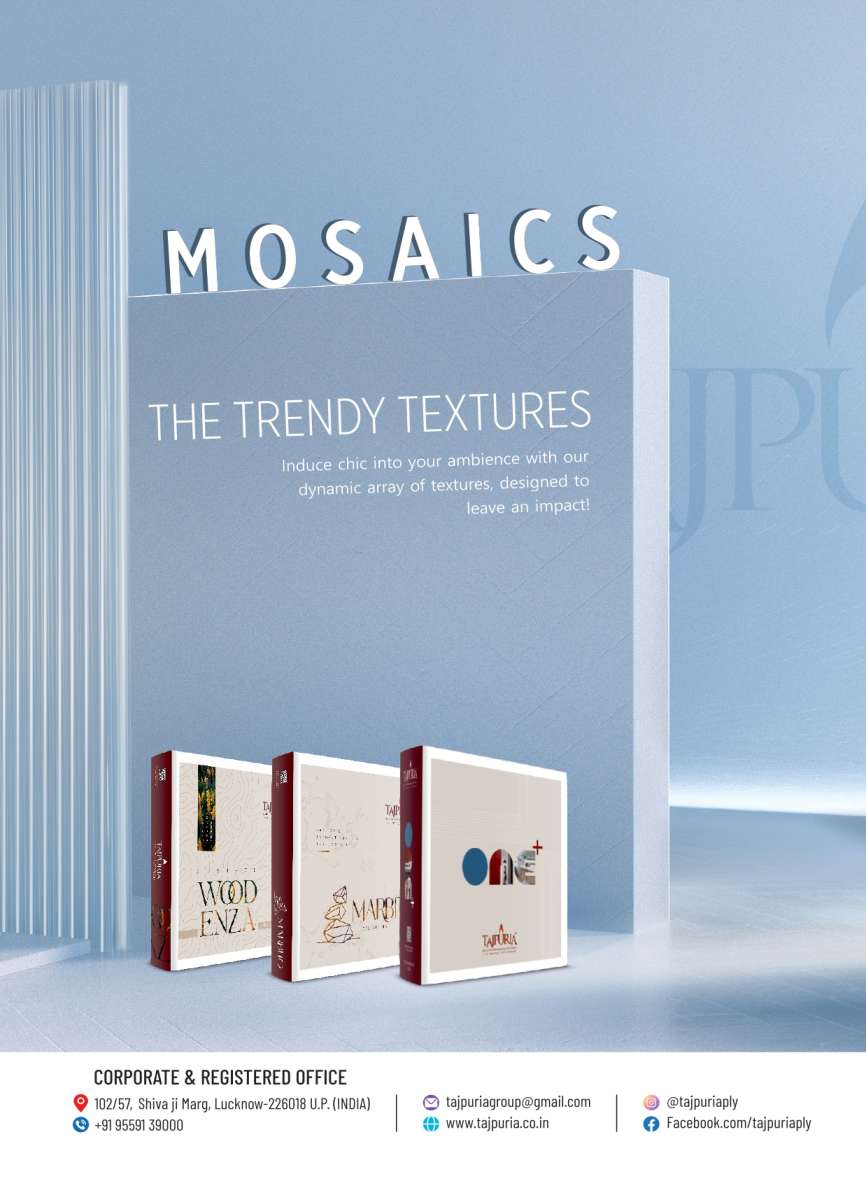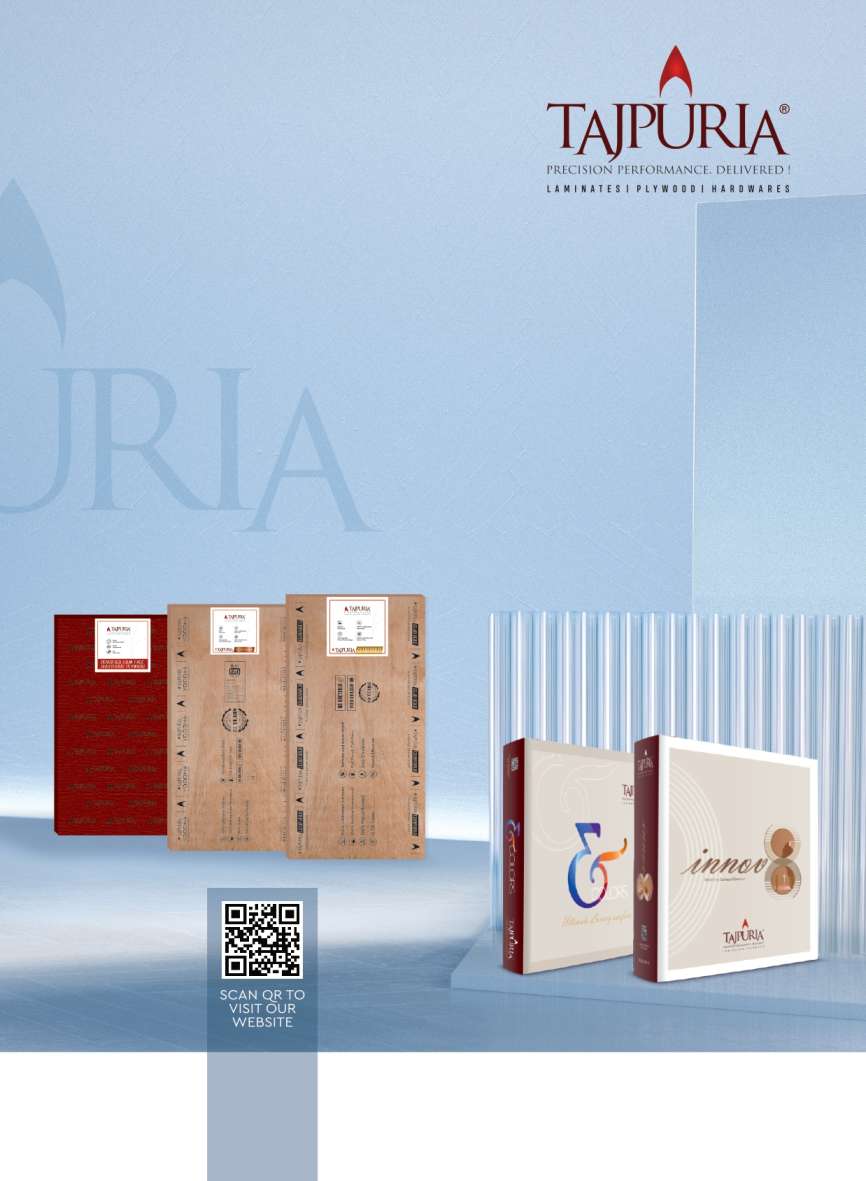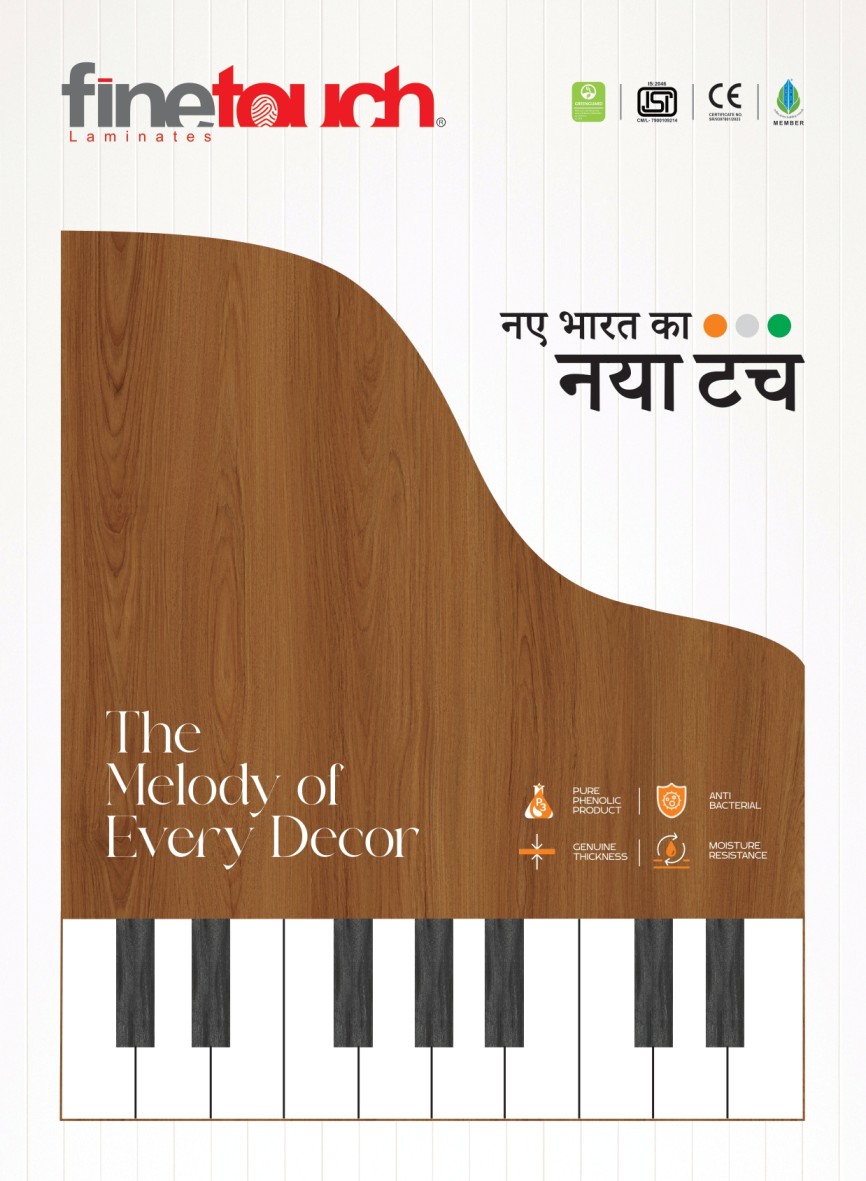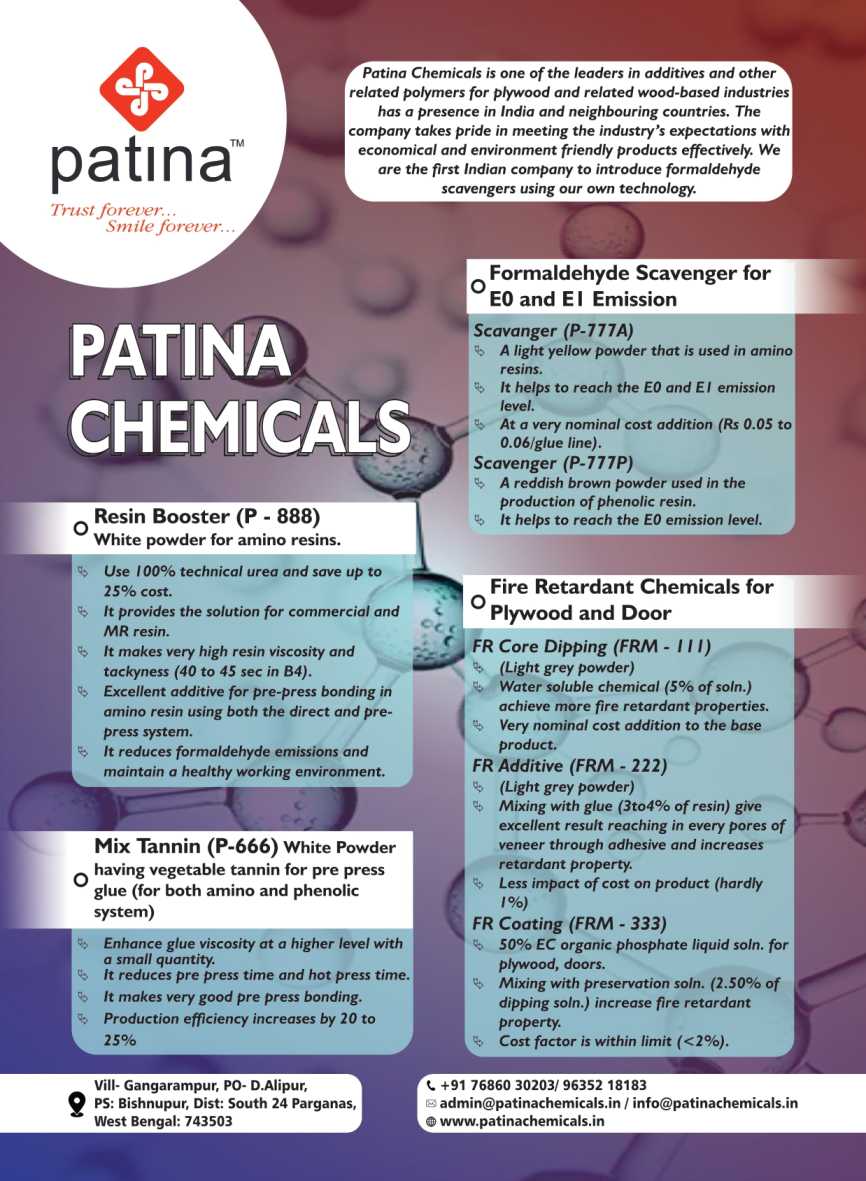
Adopting any standard may seem difficult initially – Sourabh Tiwari
- October 9, 2023
- 0
Is ISI certification necessary for all manufacturers?
No, not yet. it’s optional as of now. Six months for Medium and Large units, Nine months for Small units in MSME and Twelve months for Micro units in MSME has been allowed to prepare from the gazette notification date.
BIS (Bureau of Indian Standards) licenses are currently based on the manufacturer’s choice voluntarily. We are requesting everyone to be registered in BIS, and if someone else is duplicating of this ISI mark, we will act against it on complaint. But for those who haven’t taken a license, there is no provision for action against them, because the license is not mandatory right now.
Our jurisdiction begins when someone uses the ISI mark without having an BIS license or if a manufacturer is fraudulently using somebody other’s ISI mark. While some manufacturers may have objection on the quality standards, but those who want to promote their brand, are enthusiastic on mandatory certifications.
Will imported or indigenous raw materials also require ISI certification?
We don’t have any restrictive role in raw materials. BIS deals with the quality of finished goods. Therefore, there is currently no question of requiring ISI certification for raw materials. We deal with the quality of the final product, whatever standards are set for them.
Regarding raw materials, it is the responsibility of the product manufacturer to ensure the use of good quality raw material to achieve required standard. It is the manufacturer’s responsibility. If raw material comes under the purview of ISI in the future, then only that particular raw material will have to be sourced from a BIS licensee.
Plywood manufacturers are concerned that after obtaining a license, they will be compelled to produce every piece according to the standards, which is a bit difficult in plywood and other allied products.
Manufacturers’ concerns are not valid. If lower-quality products in plywood production is not avoidable, it should be standardized. For this, plywood manufacturers will have to come forward and voice their concerns and necessity. They need to suggest what standards should be implemented for such products. The BIS Technical committee can consider changes in this regard. This committee meets at regular interval, which includes experts with representation of consumer and manufacturer. It is vital for us to have both consumers and manufacturers. Ease of work for manufacturers, ensuring that consumers get the right quality.
Why do we need a license?
Now is the time to ensure consumers get quality product, safety, and reliability. BIS is striving for this, with the directives of the Indian government. We want more and more plywood, board, panel, and similar product manufacturers to come forward and obtain licenses. There’s no issue to get a license. Every industry wants to be recognized in the market like a brand. How is this possible? When there is specific quality standards, and products meeting those standards only can become brands. When consumers will pay attention to such products in the market, it’s evident that manufacturers will have to produce of the same quality.
Is there any platform where industrialists can voice their concerns?
Industrialists have several options to voice their concerns in BIS. They can put forth their concerns on our website. Additionally, we have also created a WhatsApp group where industrialists can express their opinions. Apart from that, if they face any issues, they can directly communicate with the department. We want industrialists to come forward and voice their concerns. BIS wants to move forward hand in hand with industrialists.
Will there be quality standards for plywood imports from Nepal and Vietnam?
Currently, there is no restrictions on imported goods as of now. If someone is selling imported products in the retail market without ISI mark, we don’t have any objection. They can sell. However, once licenses become mandatory, this provision will apply to every indigenous and imported finished goods. Then it will be necessary to ensure that the goods are sourced from a licensed manufacturer before importing, as mandated by the government. The goods imported into India are for our market and our citizens. Therefore, when licenses become mandatory, foreign manufacturers with appropriate licenses will only be able to export into the Indian market.
Can reuse of leftover be used to produce goods is allowed
There must be some quality standard or a policy for such products. For this, industrialists need to come forward. Even recycled paper is produced in making paper. Similar, facilities for making plywood can be provided, if consumers accept such products. But such products should not be sold with an ISI mark. Quality standards are created collectively. It should be ensured that quality standards are established for such products before they are allowed to manufacture.































































